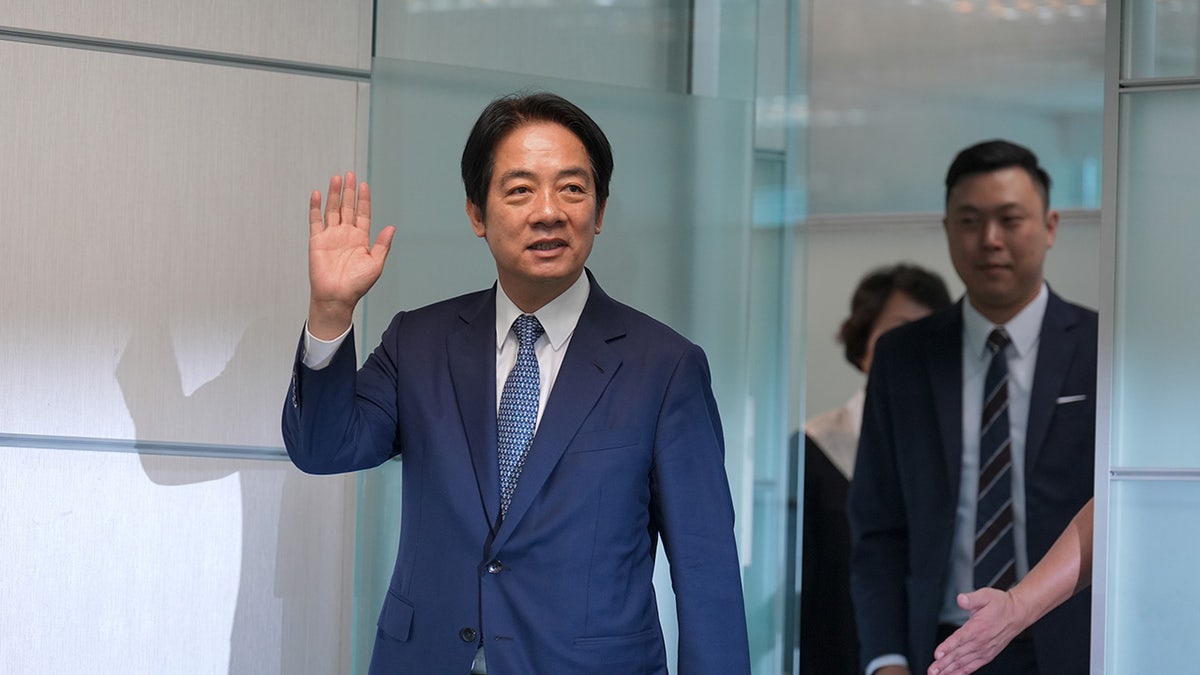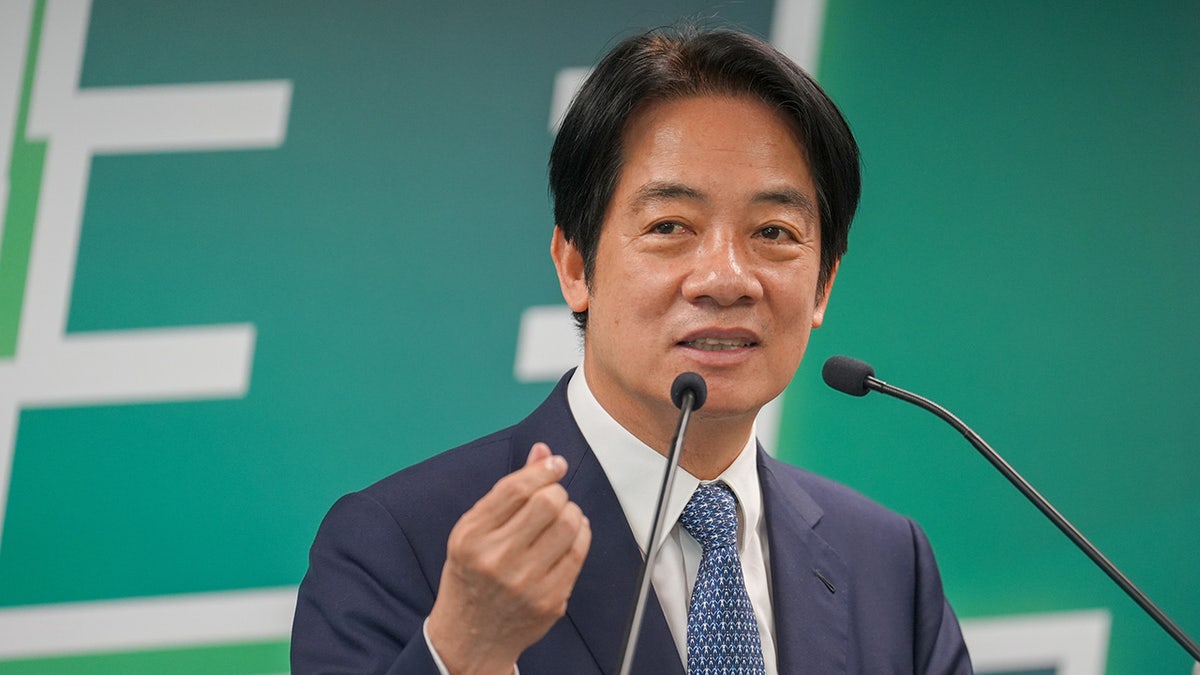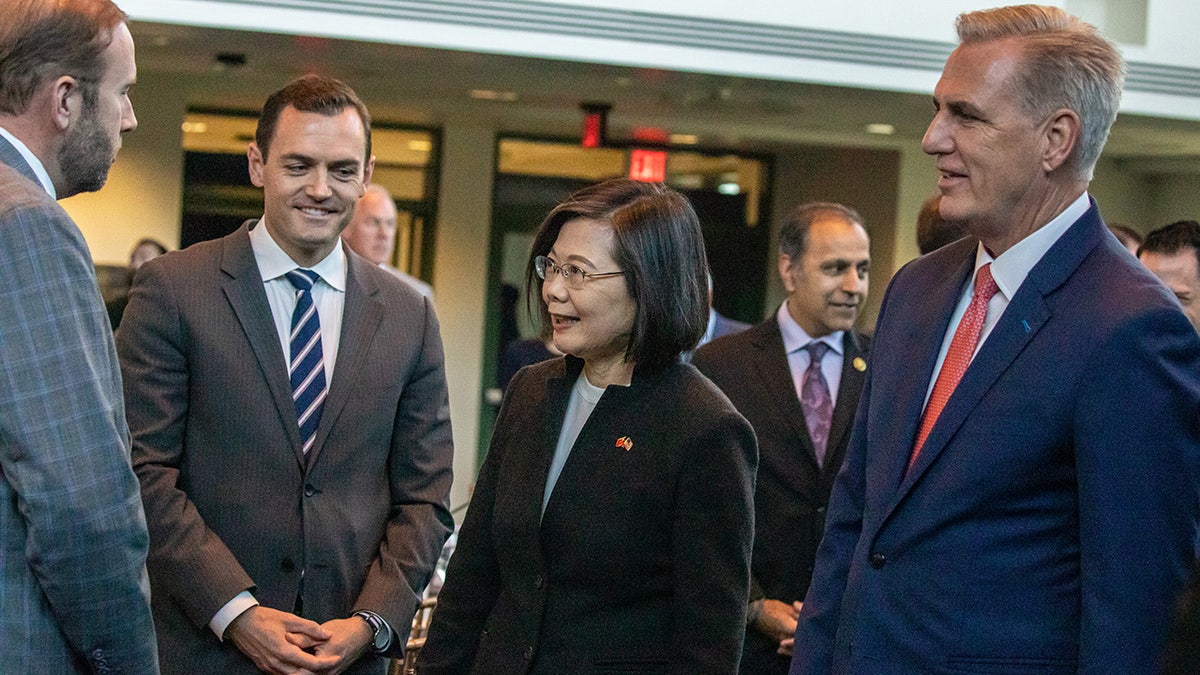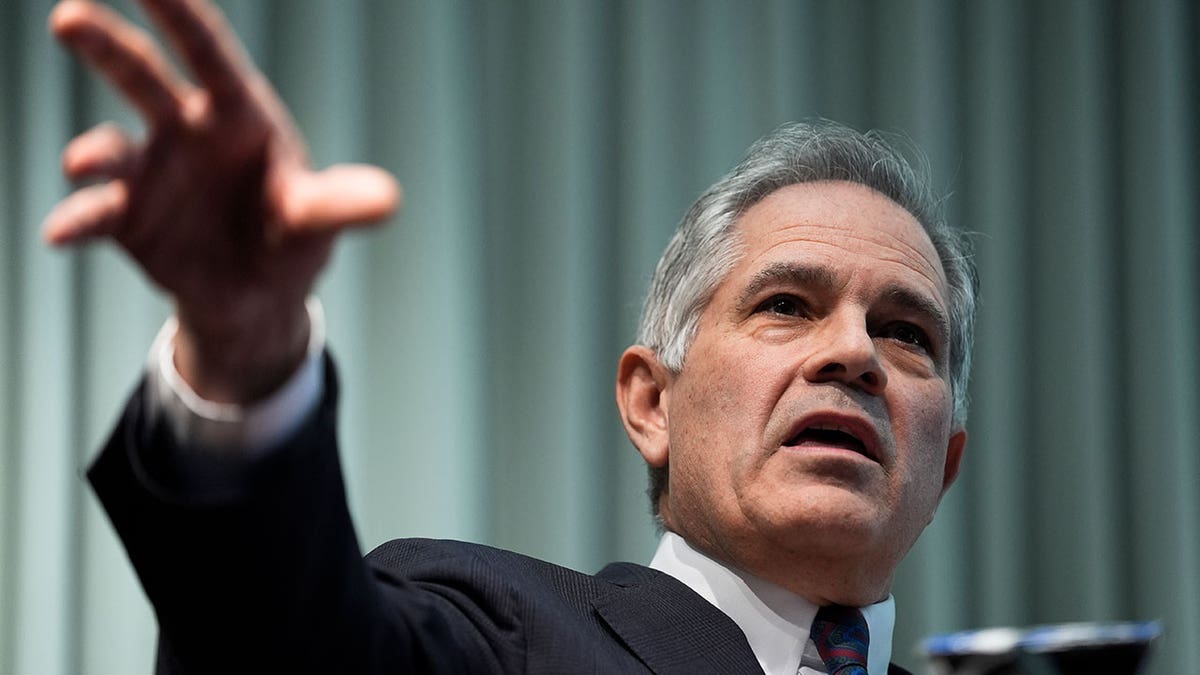Taiwan's Vice President and presidential hopeful, Lai Ching-te, is set to visit the United States next month, prompting the Biden administration to carefully manage the visit to avoid escalating tensions with China. Lai's trip, framed as a transit stop en route to Paraguay's presidential inauguration, has raised concerns in Beijing, which views Taiwan as its own territory.
Taiwan's Vice Minister of Foreign Affairs, Alexander Tah-ray Yui, confirmed Lai's US stopover, emphasizing that such transits have precedent. He downplayed potential backlash from China, stating there's no basis for harassment, given that this would be the 11th time a Taiwanese vice president has stopped over in the US. However, a Biden administration official clarified that Lai would not visit Washington D.C., in line with the US policy of not maintaining formal diplomatic ties with Taiwan.

The administration official underscored the US commitment to neutrality in Taiwan's upcoming elections, cautioning against interference from both China and the US. Lai, considered a more outspoken advocate for Taiwanese independence than the current president, Tsai Ing-wen, has drawn particular attention from Beijing. China previously responded with strong measures to Tsai's US transits, raising concerns about potential escalations following Lai's visit.
China's past reactions to similar visits by Taiwanese officials, including House Speaker Nancy Pelosi's trip last year, highlight the sensitivity surrounding US-Taiwan relations. The Biden administration's efforts to downplay Lai's visit underscore the delicate balancing act involved in maintaining US support for Taiwan while avoiding undue provocation of China.

Secretary of State Antony Blinken, who recently met with Chinese President Xi Jinping, reportedly faced tough questions from Chinese officials regarding the US stance on Taiwan's upcoming elections. While Blinken reiterated the US commitment to non-interference, sources suggest that Chinese officials sought to influence Washington against Lai, whom Beijing views as a proponent of independence.

The ongoing tensions between the US and China over Taiwan underscore the complex geopolitical landscape in the region. Despite recent high-level meetings, including Blinken's visit to Beijing, the relationship remains strained. China's refusal to reestablish military-to-military contact further complicates the situation, highlighting the challenges in maintaining stability in the Taiwan Strait.








